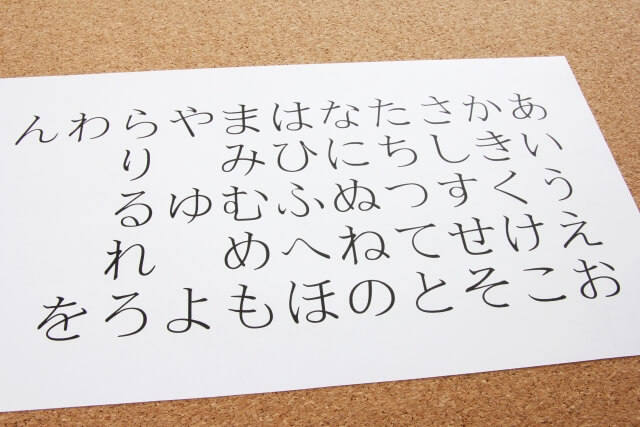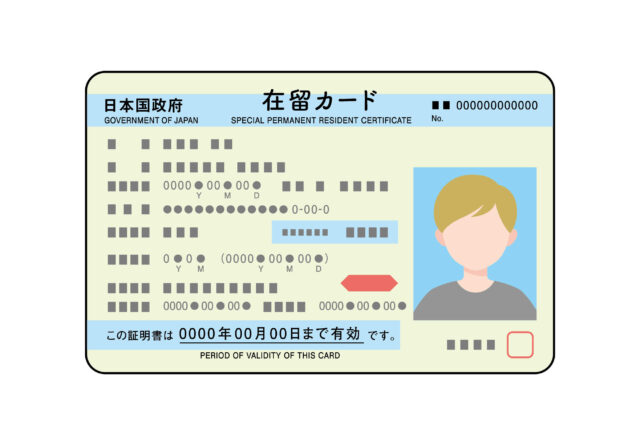
When renting a room in Japan, the landlord or management company will check whether you are suitable for renting a room.
Why is there Tenant screening?

The move-in examination is conducted for both Japanese and foreigners.
The reason for the examination is to confirm that the applicant will pay the money properly and that he / she is not the person who causes a trouble.
Since the landlord rents a room for business, he always conducts an examination for risk management.
Tenant screening for foreigners is strict.

In some cases, when renting a room, you will be refused because you are a foreigner.
And that’s not uncommon.
However, rents for foreigners are increasing year by year.
This is because the number of foreigners living in Japan is increasing year by year.
Foreigners are more rigorously screened than Japanese applicants.
The main reason is
- Financial Stability
- Communication problems
- Difference in culture
Cultural differences include “do not keep the day of the week to take out the garbage”, “invite a friend late at night and make a noise”, and “rent the room to another person without permission”.
Of course, many foreigners living in Japan live in good manners. However, it seems that there are cases where people who are not accustomed to Japanese culture or miscommunication in languages cause trouble.
The landlord is afraid that renting a room to a foreigner will cause trouble and will make other residents leave.
Screening standards
The landlord examines four main things.
The criteria and items for the examination differ depending on the landlord of each rental.
Japanese language ability

If you do not have sufficient Japanese proficiency, you may not understand the contract details properly, or if a problem occurs, the landlord may not be able to resolve it through discussions.
Checking the level of Japanese language ability has already been checked at the stage of consultation at real estate.
The required language ability is not so high.
Even if you don’t speak Japanese well, the real estate agent will speak according to your level.
Basically, if you can communicate, there is no problem in the examination.
The most important thing is an attitude of trying to understand, an attitude that does not seem to be a person who is likely to cause trouble.
Be polite.
Financial

The landlord will check your income and debt as well as your workplace.
The criterion for determining the ability to pay is that your rent is less than one-third of your income.
If you work for a large company or if you are a full-time employee, it is advantageous for the examination.
In addition, the number of years of service is also one of the points, and the one with the longest service is evaluated.
On the contrary, if you have past delinquent credit card payment, it will be difficult to pass the examination.
Residence card

The status of your residence card also affects the examination.
Long-term residents such as permanent residents and permanent residents are advantageous for the examination.
Guarantor
Although the number has decreased recently, some rentals require a guarantor.
Even if your contract does not state that you should have a guarantor, you may need a guarantor if you are uncertain about your income or identity.
The general conditions for a guarantor are
- Being under 65
- Being within the third degree
- If the guarantor is a foreign national, he / she must have permanent residence.
The conditions required of a guarantor differ depending on the landlord and real estate.
If you do not have a guarantor, you will probably use a guarantor company.
A guarantor company acts as a guarantor for you to pay.
Real estate will introduce you to a guarantor company.
Summary
Three screening criteria
- Japanese language ability
- Ability to pay
- Residence card
- Guarantor
Each landlord has different screening criteria and items.
Even if you fail the examination, it may be OK for other properties.
Please do your best in making a good impression while searching for an apartment with your real estate agent so that you may clear the screening process.






